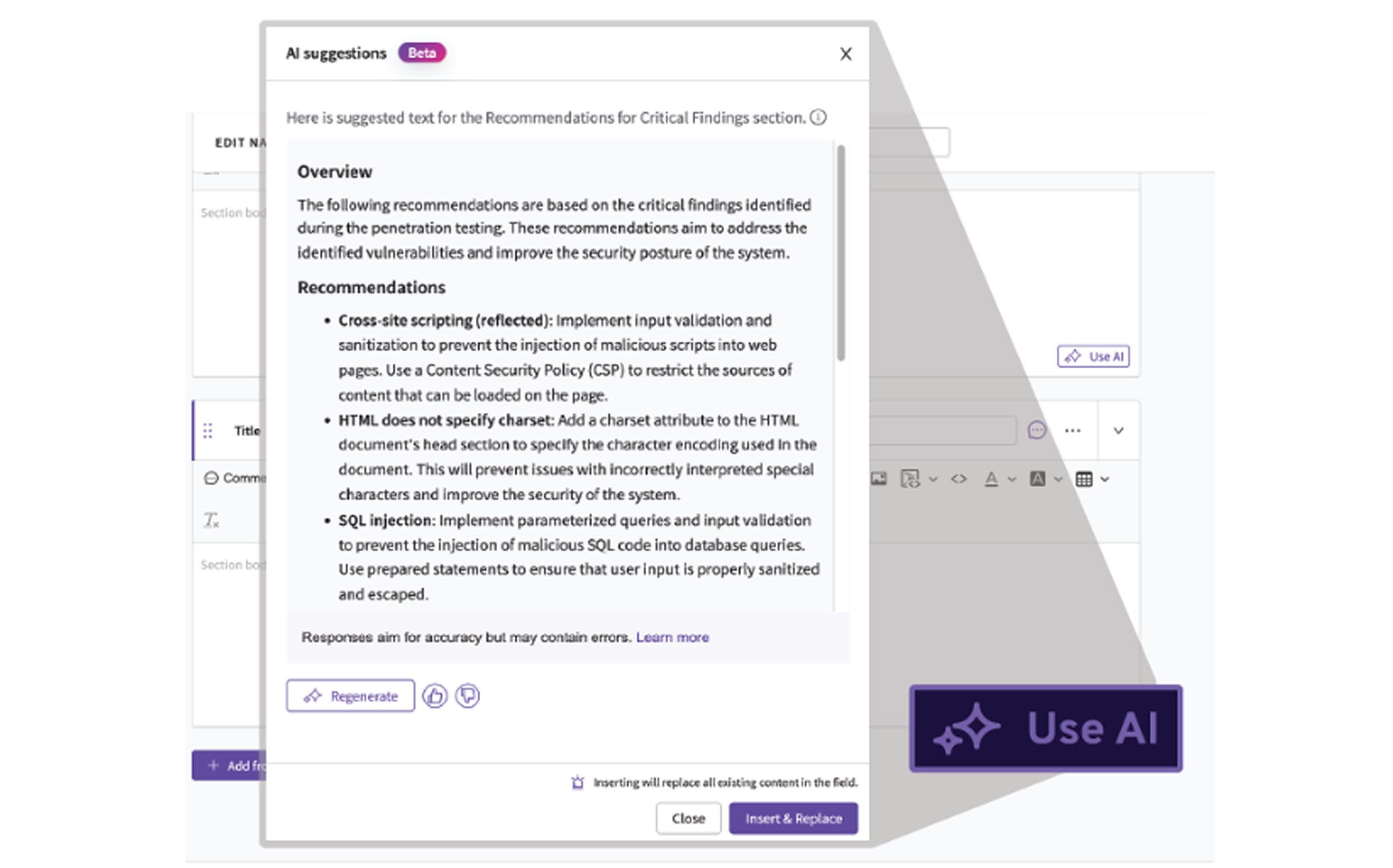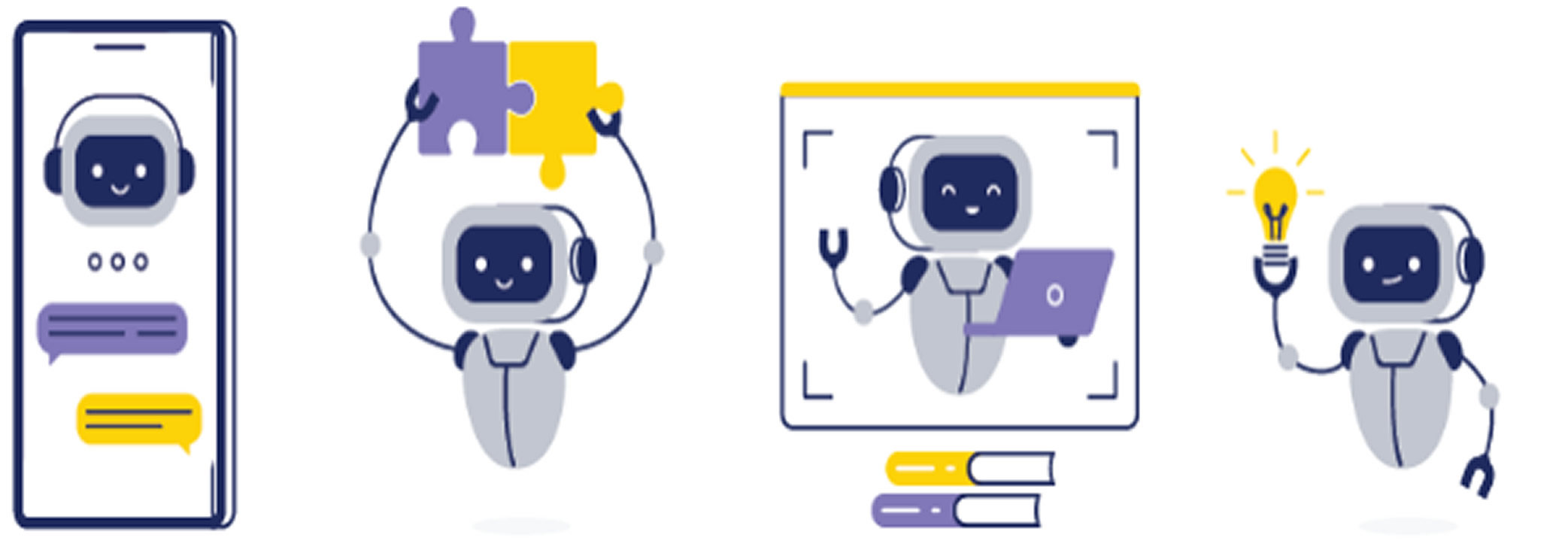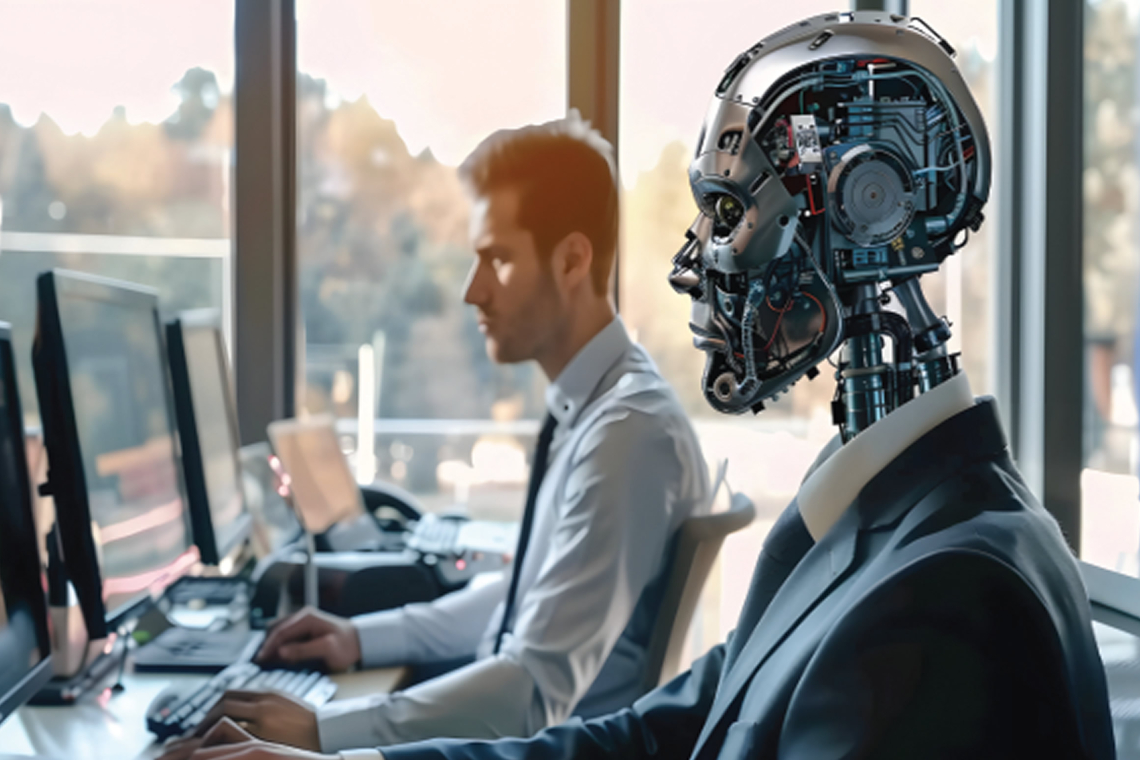AI and Pentesting: A Collaborative Future, Not a Replacement
For years, there has been widespread speculation that artificial intelligence (AI) would eventually replace human jobs. In 2017, a McKinsey report titled Jobs Lost, Jobs Gained: Workforce Transitions in a Time of Automation predicted that by 2030, 375 million workers would need to transition into new roles due to automation. Naturally, this sparked significant concerns.
Recently, penetration testing (pentesting) has been drawn into this discussion. With AI automating tasks like vulnerability and network scans—and platforms such as PlexTrac integrating AI to reduce manual work—many have begun to wonder whether pentesters are at risk of becoming obsolete.
AI is a Tool, Not a Threat
Despite the concerns, the latest McKinsey update has revised its prediction significantly, estimating that only about 92 million workers will need to transition due to AI advancements—far fewer than originally anticipated. Moreover, AI is expected to create approximately 170 million new jobs, reinforcing the idea that while some roles will evolve, they will not disappear.
When it comes to pentesting, automation is undeniably changing the field. However, AI lacks a crucial element that makes pentesting unique: human ingenuity. According to the Cloud Security Alliance, AI acts as a “force multiplier” for pentesters rather than a replacement.

AI Enhances, Not Replaces, Pentesting Capabilities
A common misconception is that AI will render pentesters unnecessary. In reality, AI is best suited for automating repetitive tasks, allowing human professionals to focus on complex, creative problem-solving.
Lowering the Barrier to Entry
AI is also transforming how new pentesters enter the field. Traditionally, deep technical expertise was required to conduct penetration tests effectively. However, AI-powered tools can assist those with less experience—sometimes referred to as “script kiddies”—by automating complex tasks like vulnerability scanning and adversary simulation.
While some may view this as a negative, it actually benefits the industry. By automating routine tasks, all pentesters—novices and experts alike—can dedicate more time to high-value engagements, increasing overall skill levels and improving security.
Let AI Handle the Tedious Work
AI isn't just helpful for beginners; seasoned pentesters also stand to benefit. By automating time-consuming activities, AI allows security professionals to concentrate on tasks that require deep expertise, such as:
Conducting in-depth research and gathering Open Source Intelligence (OSINT)
- Scanning for vulnerabilities in systems
- Mapping out attack vectors and prioritizing risks
- Crafting exploits tailored to specific technologies
- Generating additional test cases based on discovered vulnerabilities
With AI managing these routine operations, pentesters can focus on more complex exploits, uncovering subtle security flaws that AI alone might miss.
AI’s Role in Social Engineering and Phishing Attacks
AI is also reshaping social engineering tactics. By analyzing vast amounts of behavioral data, AI can generate highly convincing phishing simulations, making penetration tests more realistic. This enables organizations to better prepare for cyber threats.
Furthermore, AI can provide feedback on social engineering engagements, helping pentesters refine their techniques and improve security awareness training.
AI Accelerates Pentesting Without Replacing Humans
AI is set to revolutionize pentesting by enhancing speed and precision across multiple stages:
- Information Gathering: AI can quickly analyze an organization’s tech stack and identify known vulnerabilities.
- Threat Modeling: AI can recommend threats to simulate based on past attack trends.
- Anomaly Detection: AI excels at identifying irregular patterns in massive datasets.
- Exploit Development: AI can assist in generating tailored exploit code.
- Post-Exploitation: AI can help erase traces of penetration tests and even plant misleading clues.
- Pentest Reporting: Generative AI tools, like those in PlexTrac, can streamline report writing, summarizing data, and drafting findings while maintaining data security.

The Future: AI as a Pentester’s Best Ally
Moving forward, AI will serve as an indispensable partner for pentesters rather than a threat to their profession. Key areas where AI will support pentesters include:
- Collaboration: AI can function as a "red team assistant," analyzing data, making recommendations, and aiding communication.
- Business Context Awareness: AI will help pentesters assess vulnerabilities in terms of business impact.
Reasoning Models: AI advancements will offer insights into security decisions, improving transparency and efficiency.
 Embracing AI as a Pentesting Partner
Embracing AI as a Pentesting Partner
AI is not here to replace pentesters—it is here to make them more efficient and effective. By automating mundane tasks like vulnerability scanning and report generation, AI allows security professionals to focus on the creative and analytical aspects of hacking.
Those who embrace AI will gain a competitive edge, mastering a blend of automation and human expertise. In the ever-evolving world of cybersecurity, pentesters who leverage AI will not only remain relevant but will thrive.


